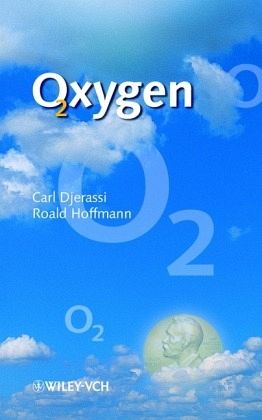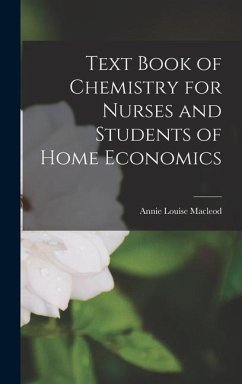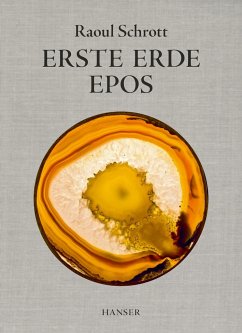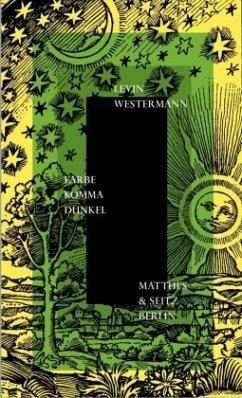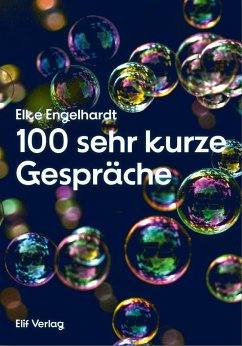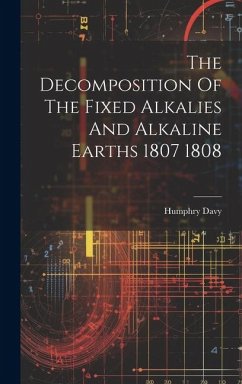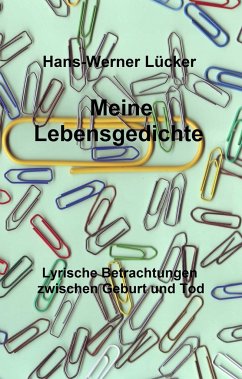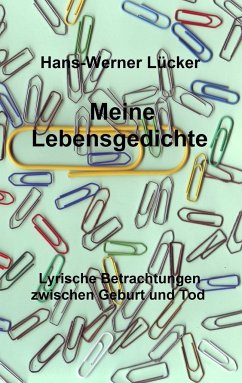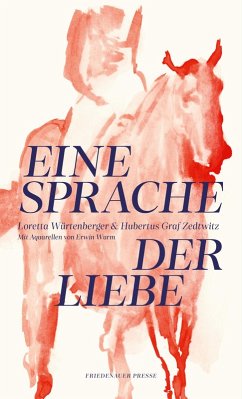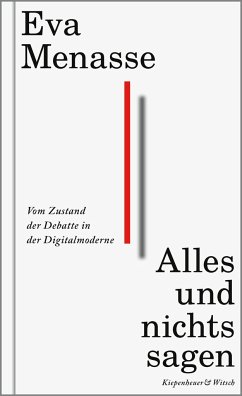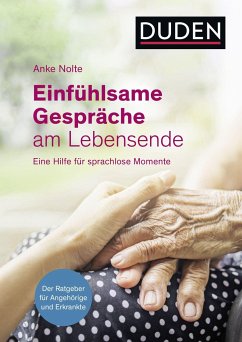Carl Djerassi:
Carl Djerassi, born in Vienna but educated in the US, is a writer and professor of chemistry at Stanford University. Author of over 1200 scientific publications and seven monographs, he is one of the few American scientists to have been awarded both the National Medal of Science (in 1973, for the first synthesis of a steroid oral contraceptive--"the Pill") and the National Medal of Technology (in 1991, for promoting new approaches to insect control). A member of the US National Academy of Sciences and the American Academy of Arts and Sciences as well as many foreign academies, Djerassi has received 18 honorary doctorates together with numerous other honors, such as the first Wolf Prize in Chemistry, the first Award for the Industrial Application of Science from the National Academy of Sciences, and the American Chemical Society's highest award, the Priestley Medal.
For the past decade, he has turned to fiction writing, mostly in the genre of "science-in-fiction," whereby he illustrates, in the guise of realistic fiction, the human side of scientists and the personal conflicts faced by scientists in their quest for scientific knowledge, personal recognition, and financial rewards. In addition to novels (Cantor's Dilemma; The Bourbaki Gambit; Marx, deceased; Menachem's Seed; NO), short stories (The Futurist and Other Stories), and autobiography (The Pill, Pygmy Chimps, and Degas' Horse), he has recently embarked on a trilogy of plays which he describes in his web site as "science-in-theatre"-with an emphasis on contemporary cutting-edge research in the biomedical sciences. "AN IMMACULATE MISCONCEPTION," first performed in abbreviated form at the 1998 Edinburgh Fringe Festival and subsequently (1999) as a full, 2-act play in London (New End Theatre),
San Francisco (Eureka Theatre) and Vienna (under the title UNBEFLECKT at the Jugendstiltheater), focuses on the ethical issues inherent in recent spectacular advances in the treatment of male infertility through single sperm injection (the ICSI technique). A radio adaptation was broadcast over the BBC World Service as "Play of the Week." He is also the founder of the Djerassi Resident Artists Program near Woodside, California, which provides residencies and studio space for artists in the visual arts, literature, choreography and performing arts, and music. Over 1000 artists have passed through that program since its inception in 1982.
(There is a Web site about Carl Djerassi's writing at http://www.djerassi.com)
Roald Hoffmann:
Roald Hoffmann, born in Zloczow, Poland but educated in the US, is the Frank H. T. Rhodes Professor of Humane Letters at Cornell University. One of America's most distinguished chemists, he was awarded the Nobel Prize in Chemistry. A member of the US National Academy of Sciences and the American Academy of Arts and Sciences as well as many foreign academies, Hoffmann has received 26 honorary doctorates together with numerous other honors such as the National Medal of Science. Hoffmann is the only person ever to receive the American Chemical Society's top awards in three sub- disciplines: organic chemistry, inorganic chemistry, and chemical education.
For the past dozen years, Hoffmann has simultaneously pursued a literary career. He is the author of three books of poetry, "The Metamict State" (1987), "Gaps and Verges" (1990), and "Memory Effects" (1999). His three non-fiction books deal with the overall theme of the creative and humanistic sparks of chemistry: An art/science/literature collaboration with artist Vivian Torrence, "Chemistry Imagined" (1993); "The Same and Not the Same" (1995); and "Old Wine, New Flasks: Reflections on Science and Jewish Tradition," in collaboration with Shira Leibowitz Schmidt. Hoffmann is also is the presenter of a television course, "The World of Chemistry", which has aired on many PBS Stations and abroad.
